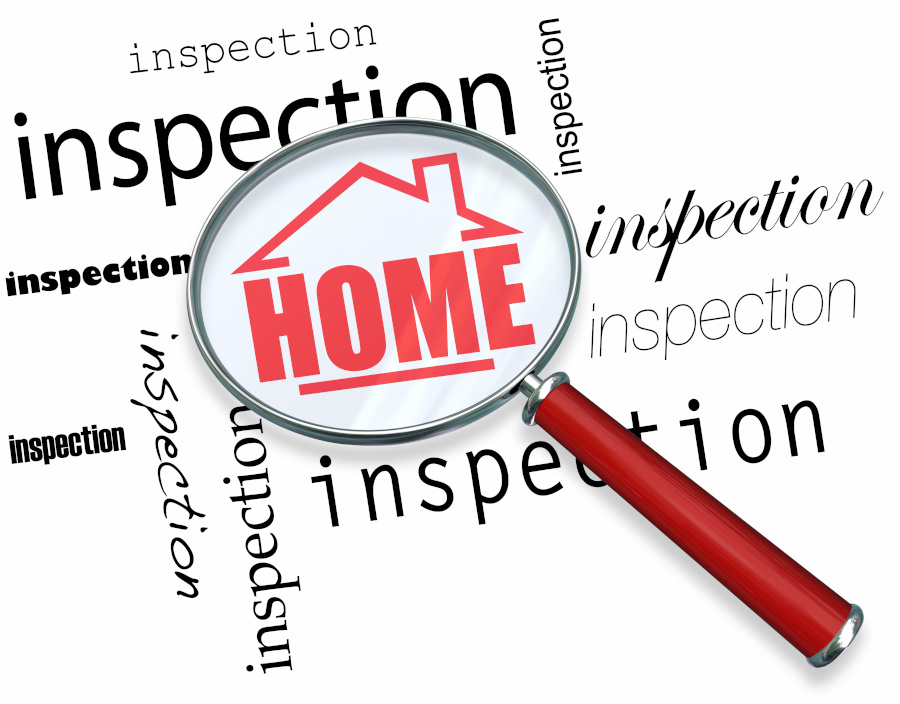Home Buying 101: 8 Tips To Make The Most Of Your Purchase
As you begin to think about buying a home, you must arm yourself with as much information as possible. The more you know, the better equipped you'll be to make smart choices and avoid costly mistakes.
Buying a home is a big investment, and you want to be sure you're doing it right. Likewise, deciding to buy a home is a huge step and one that you shouldn't take lightly. On the other hand, the process of buying a home can be long and complicated, so it's important to be prepared before you start.
Here are eight tips to help you make the most of your home purchase:
1. Get A Home Inspection
A home inspection is an essential step in buying a house. By hiring a qualified inspector, you can learn about potential problems with the property before you finalize the purchase. This information can help you negotiate a better price for the house or help you decide whether to walk away from the deal altogether.
In addition, a home inspection can give you peace of mind that you're making a sound investment. Whether you're a first-time buyer or an experienced investor, try this site to get home inspection tips and make the most of your purchase.

2. Know Your Budget
One of the most important steps in purchasing a home is knowing how much you can afford. Before looking at different homes, consider your finances and figure out what you can realistically afford.
Keep in mind that you'll need to budget for more than just the home's purchase price. You'll also need to factor in closing costs, moving expenses, and other ongoing ownership fees. Once you know how much you can afford, you can start looking for homes that fit your budget.
3. Get Pre-Approved For A Mortgage
Before you start shopping for your dream home, getting pre-approved for a mortgage is important. This will give you a realistic idea of what you can afford and help to narrow your search. Getting pre-approved is a straightforward process. First, you'll need to provide your lender with essential financial information, including your income, debts, and assets.
Once this information has been reviewed, the lender will issue a pre-approval letter that you can use when making an offer on a home. While getting pre-approved isn't required, it can give you a competitive edge in home buying.
On the other hand, sellers are often more receptive to offers from buyers who have already been approved for a loan. So, if you're serious about buying a new home, getting pre-approved should be one of your first steps.
4. Work With A Real Estate Agent
Purchasing a home is a significant investment, and it's one that you shouldn't make without the help of a qualified professional. A real estate agent can assist you in every step, from finding the perfect property to negotiating the best price. If you're looking to make a smart investment in a new home, working with a real estate agent is the best way.
Additionally, when you work with an experienced agent, you'll have someone in your corner who knows the ins and outs of the market and can help you get the most out of your purchase. Moreover, the right agent will also provide valuable insights into different neighborhoods and properties so you can decide where to buy.

5. Pay Attention To Your Credit Score
Your credit score is an important factor in the home-buying process. Lenders will use your credit score to determine whether you qualify for a loan and what interest rate you'll be charged. So, if you're planning to buy a home, it's important to check your credit score and ensure it's in good shape.
Meanwhile, you can get a free credit report from the major credit bureaus annually. If you find that your credit score needs improvement, you can take steps to raise it.
6. Consider Your Plans
When buying a home, it's important to consider your long-term plans. Are you planning on starting a family? Do you anticipate needing to move for work? Are you looking for a permanent home or an investment property? Asking yourself these questions can help you narrow your search and find the right home for your needs.
7. Research The Neighborhood
If you're moving to a new area, it's important to research and ensure you're comfortable with the neighborhood. Take some time to explore the area and get to know the local amenities. Additionally, you can check out crime rates, schools in the area, and other important factors that will impact your decision
8. Have Realistic Expectations
It's important to have realistic expectations when you're buying a home. The perfect home doesn't exist, and there'll always be compromises. But if you know what you're looking for, you can find a home that meets your needs and makes you happy.
Wrapping Up
When you've done your research and are ready to buy, following these tips will help you make the most of your purchase. Remember that home-buying takes time, so don't be discouraged if you don't find your dream home immediately. You'll eventually find the perfect place to call home with patience and persistence.